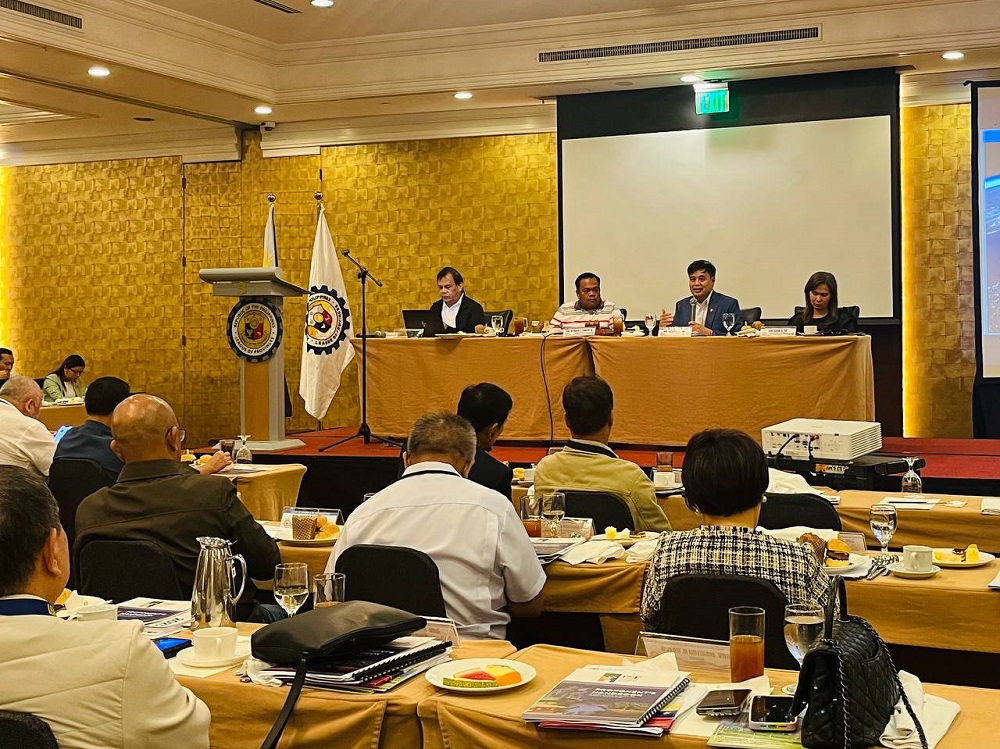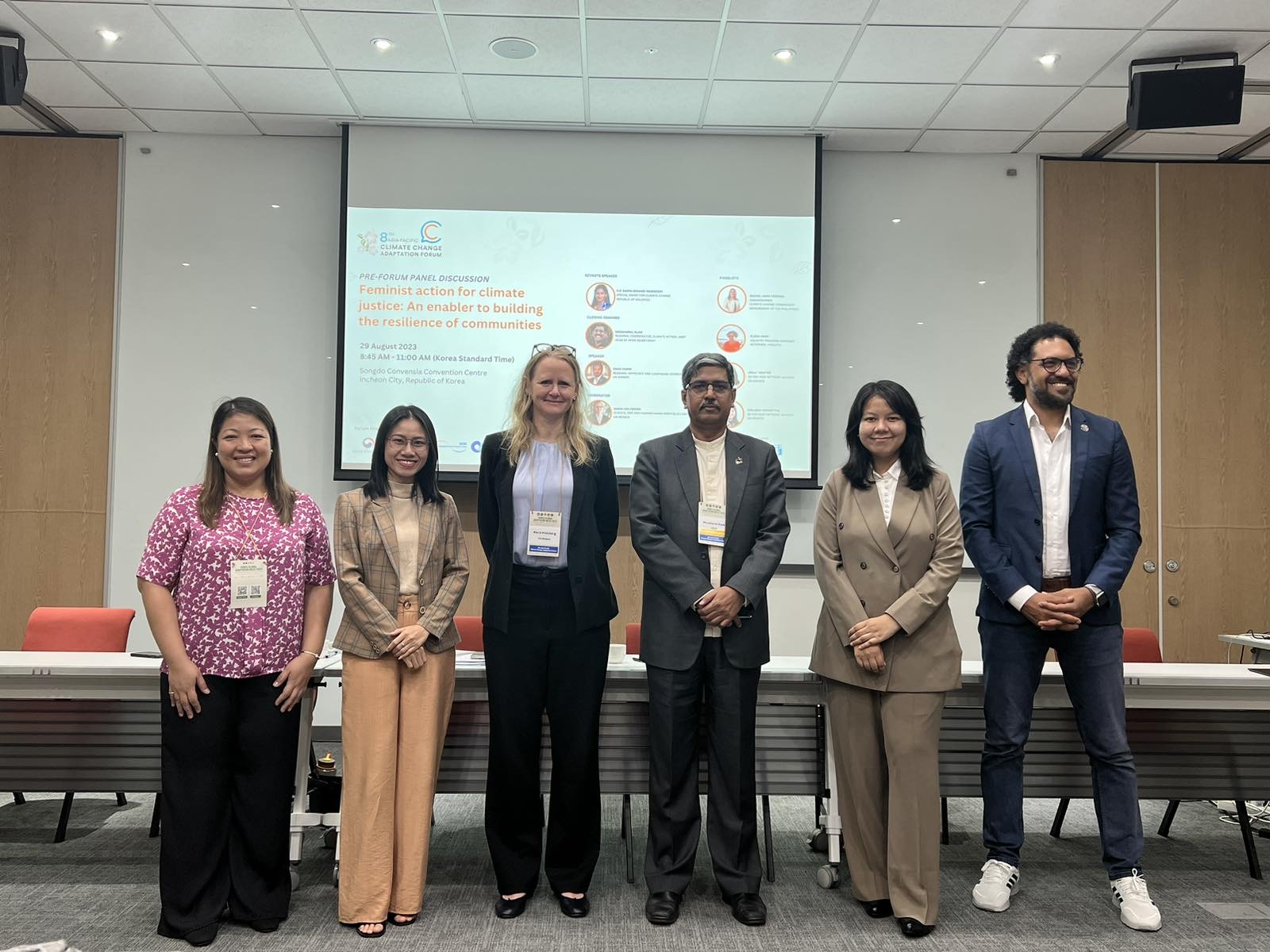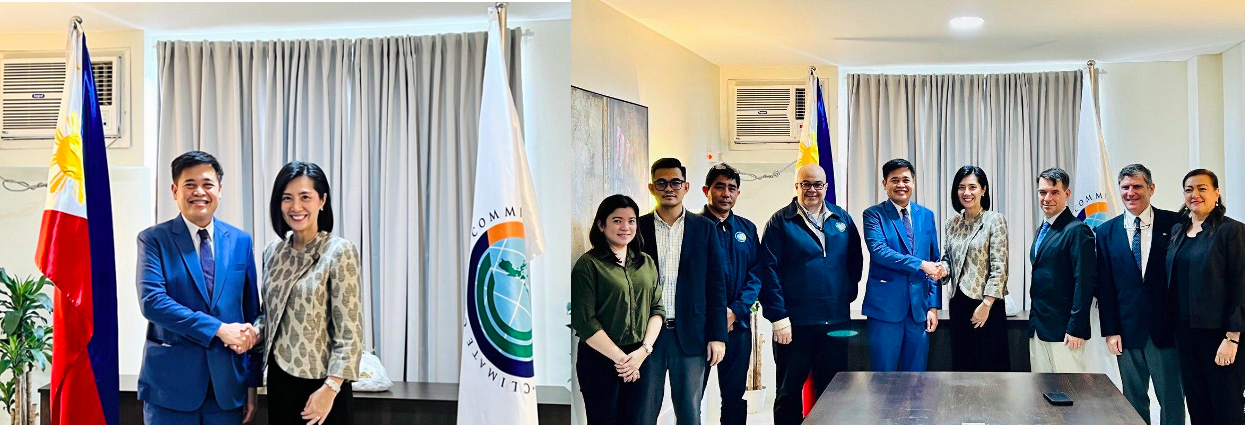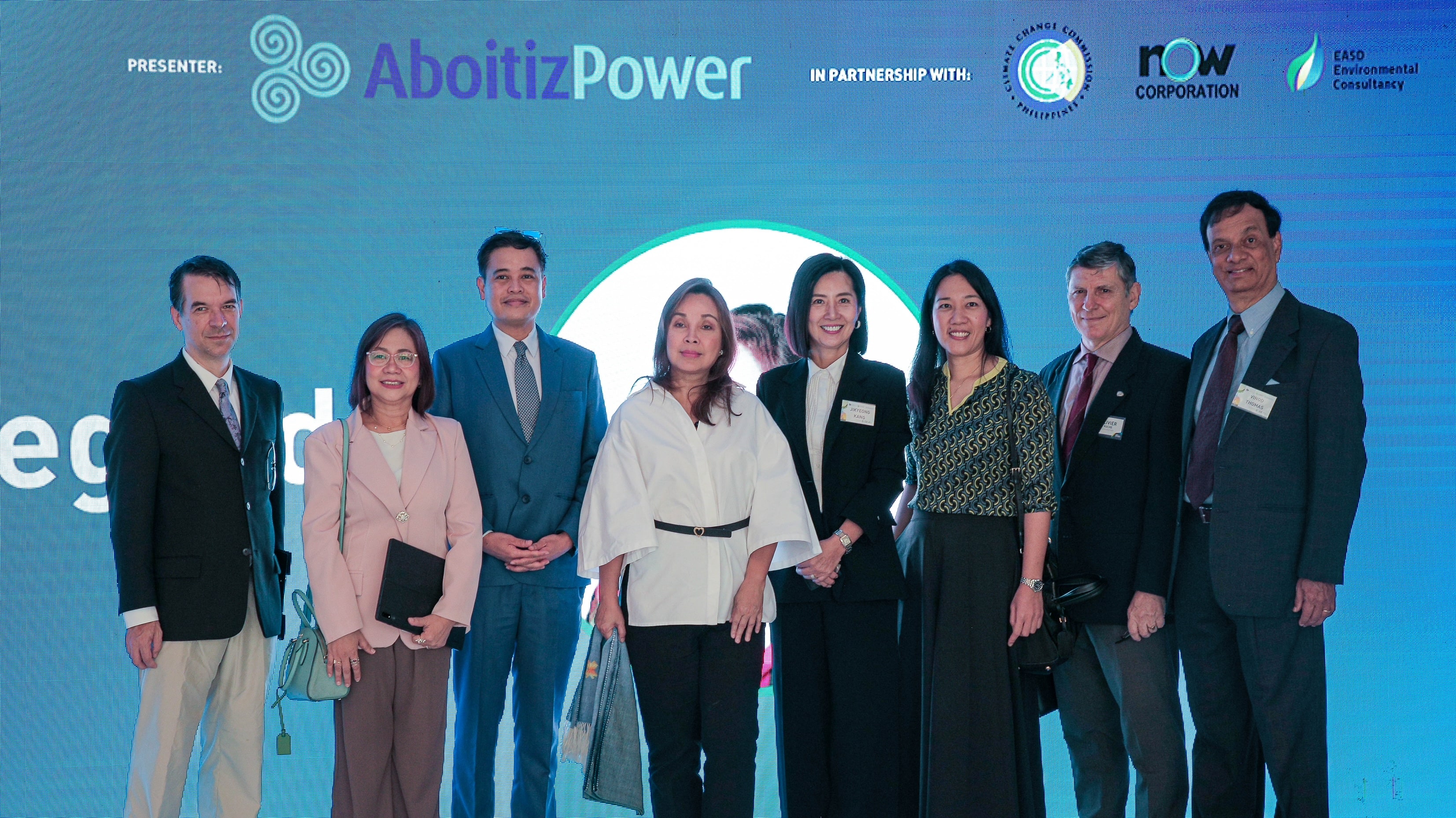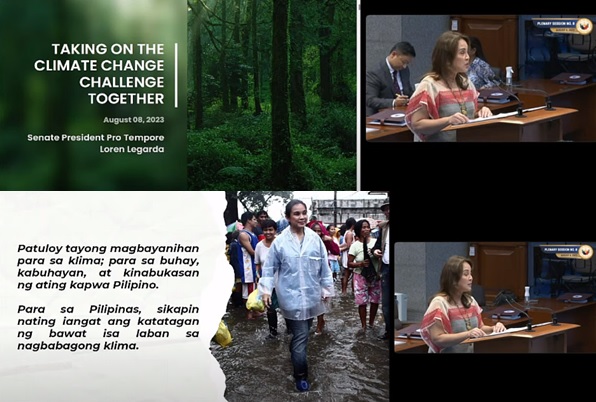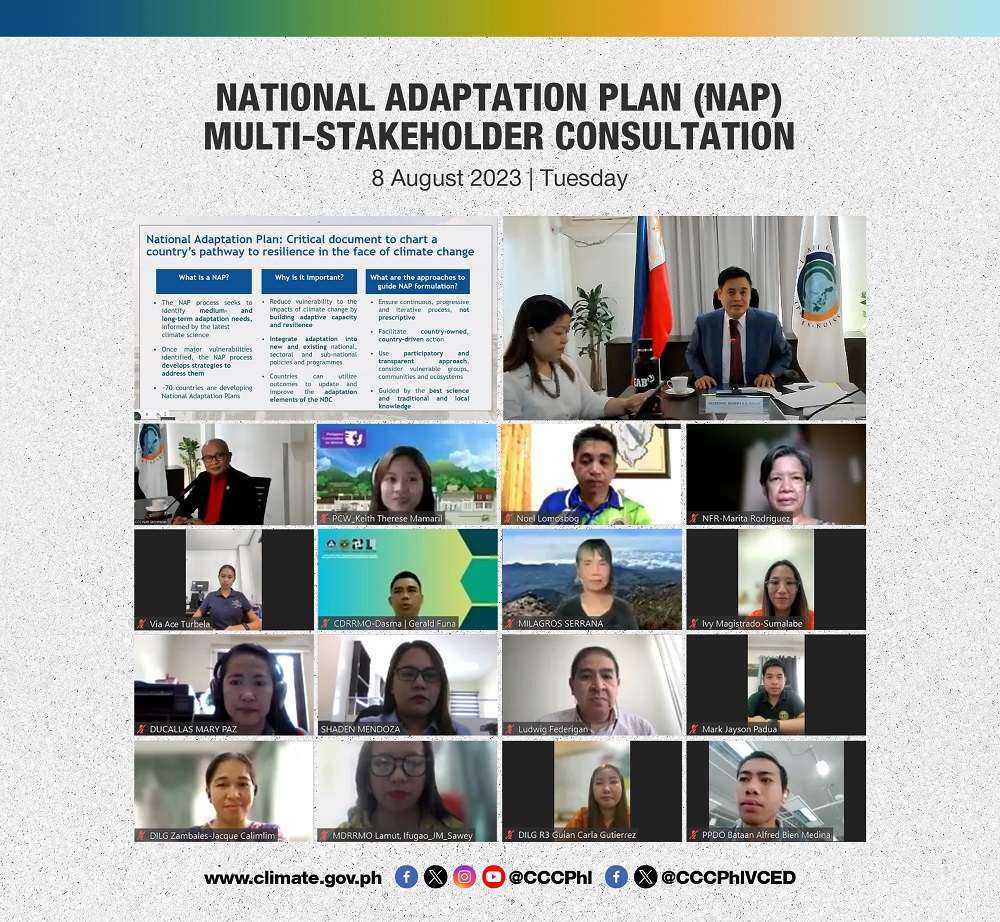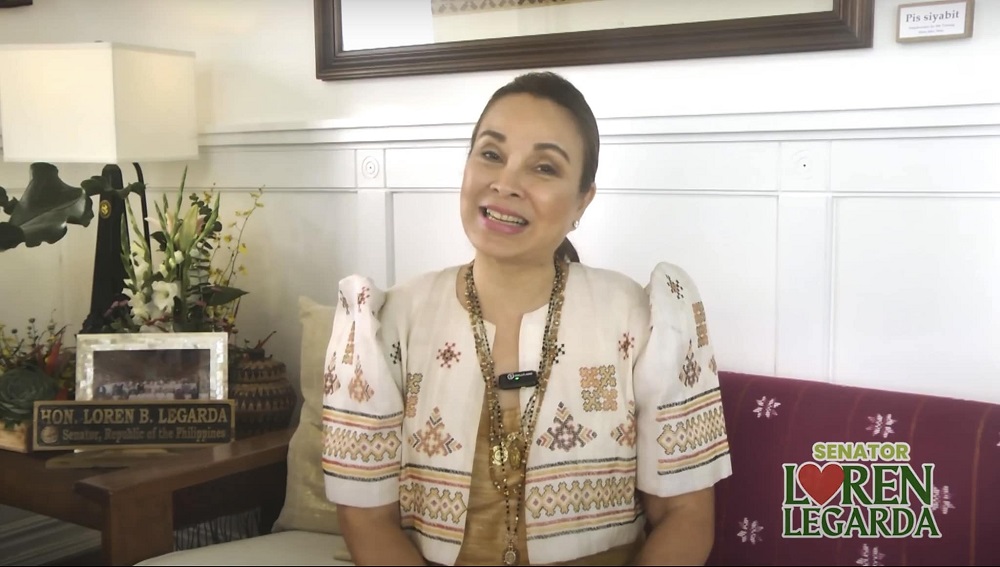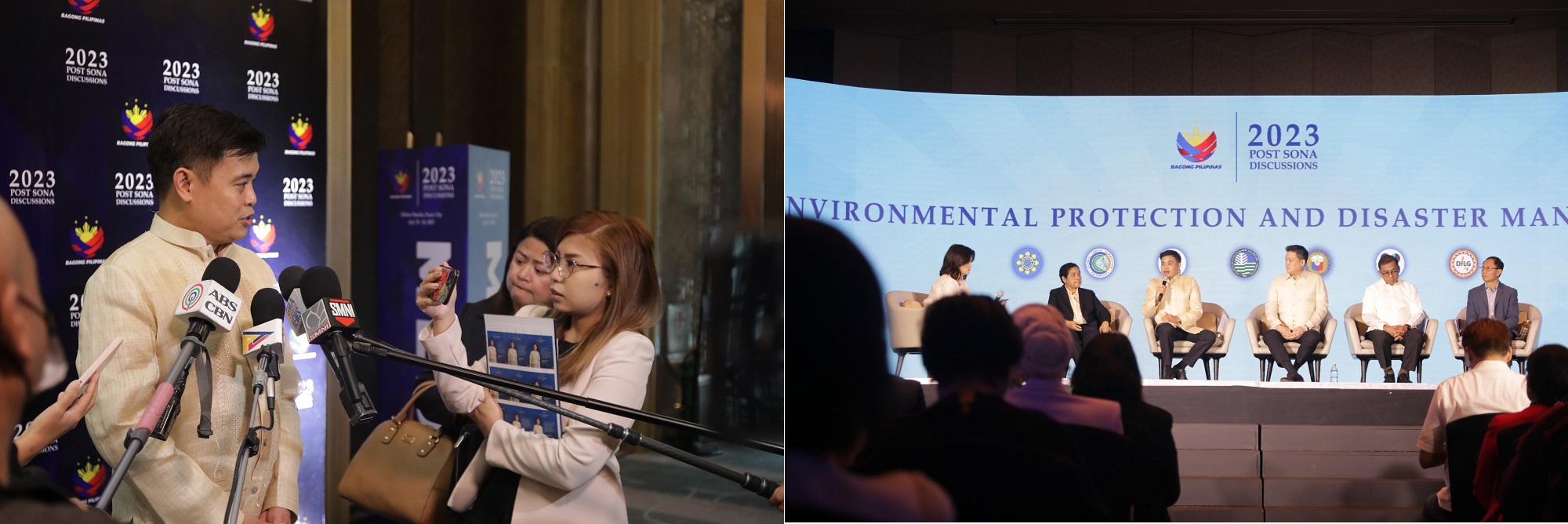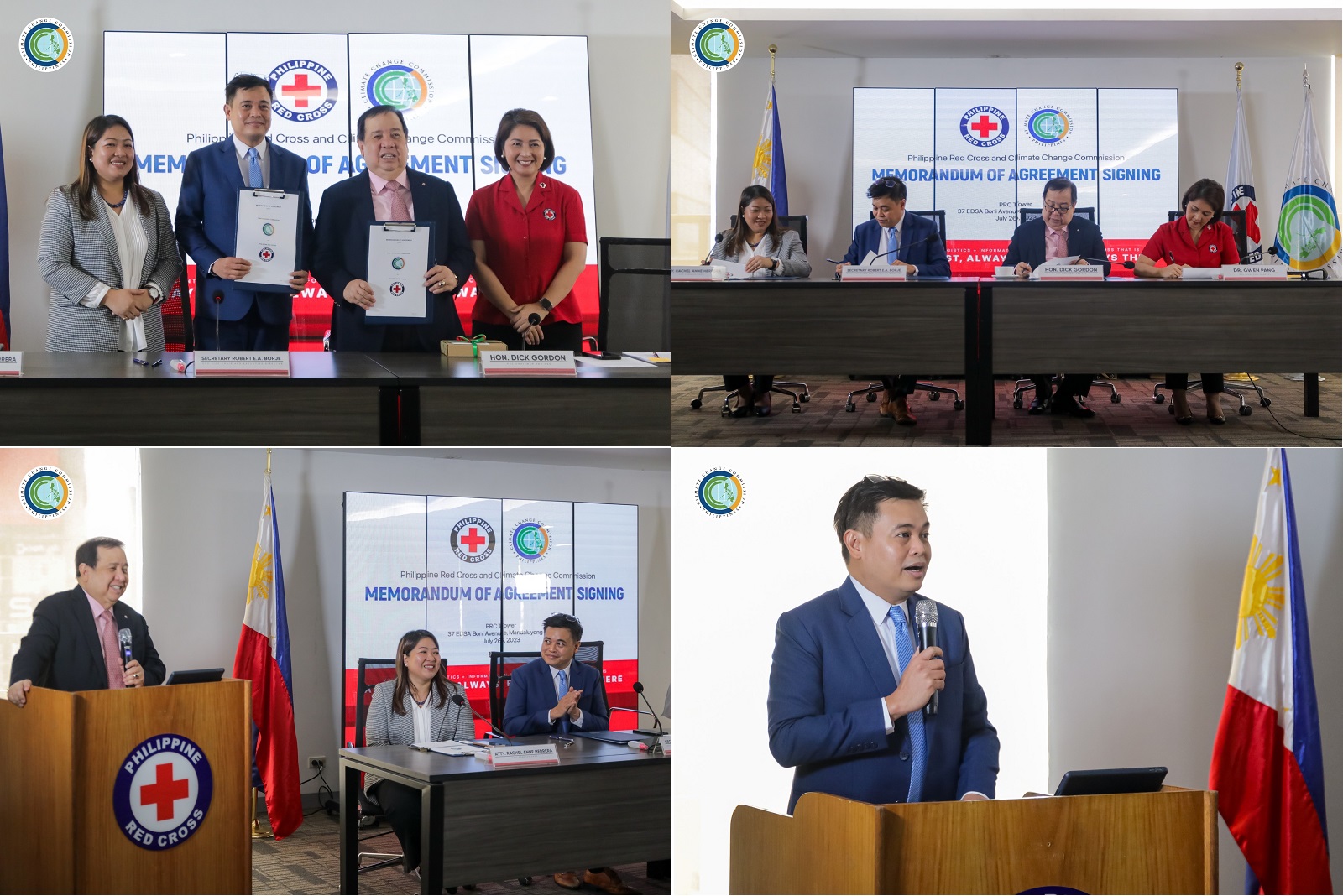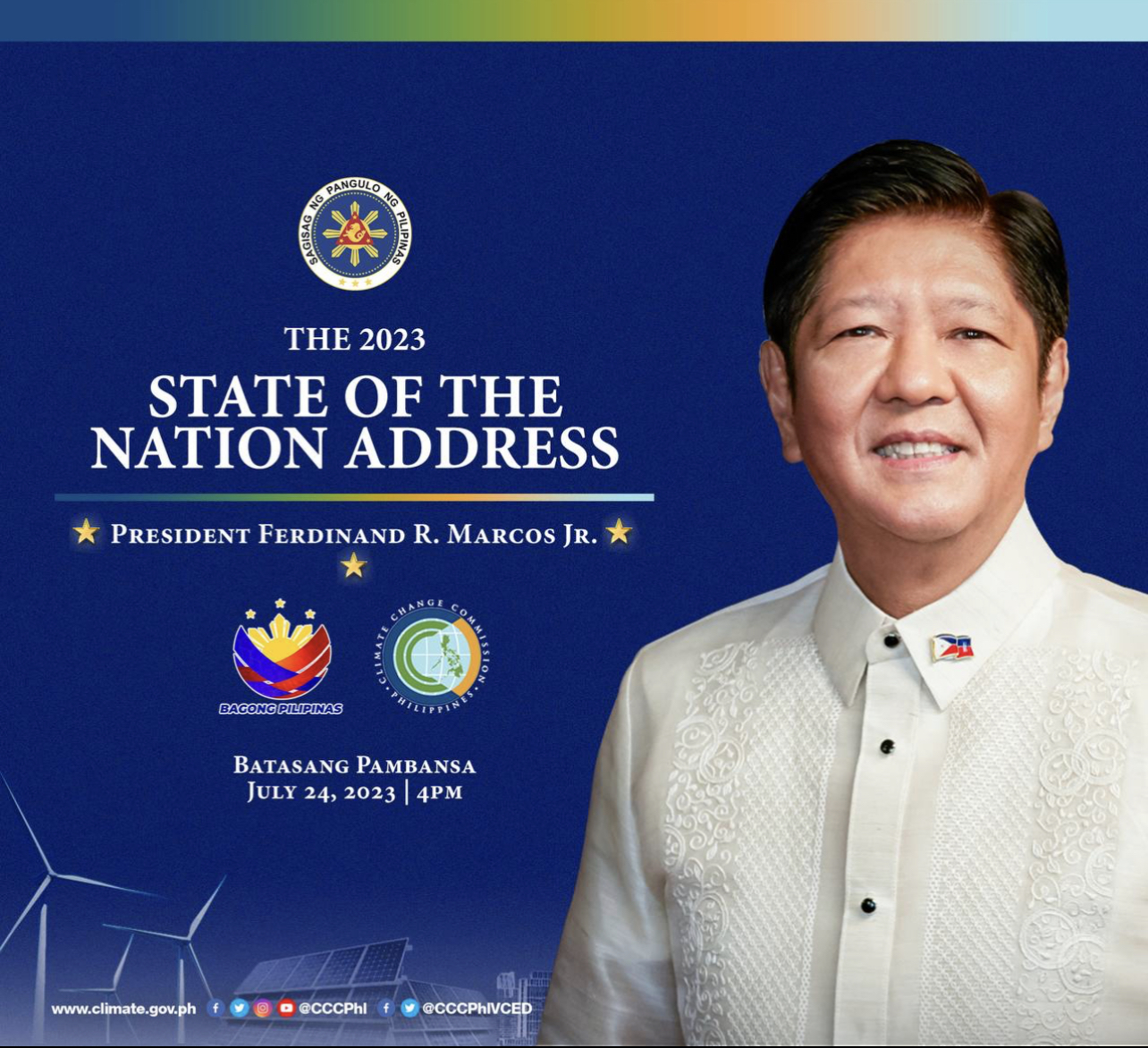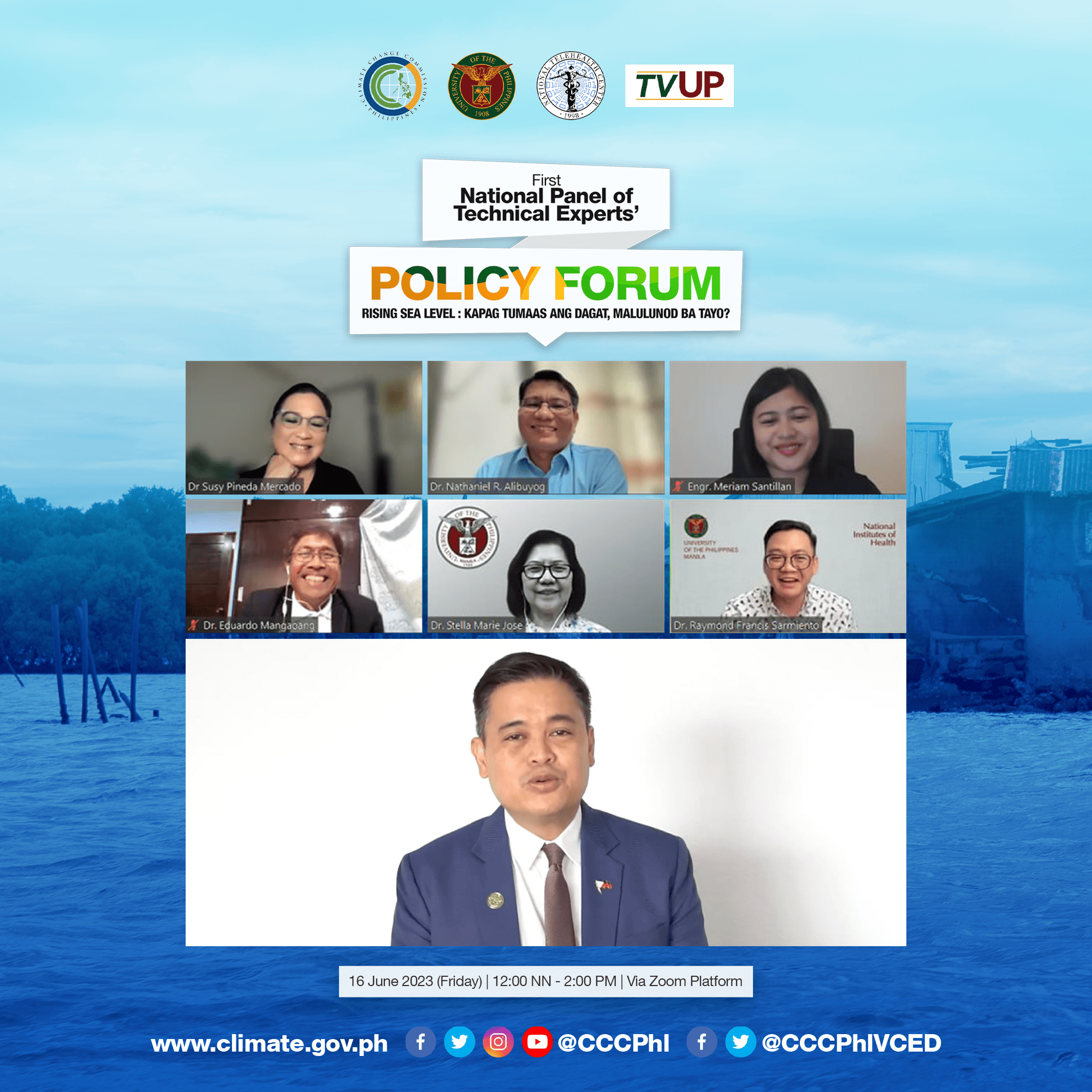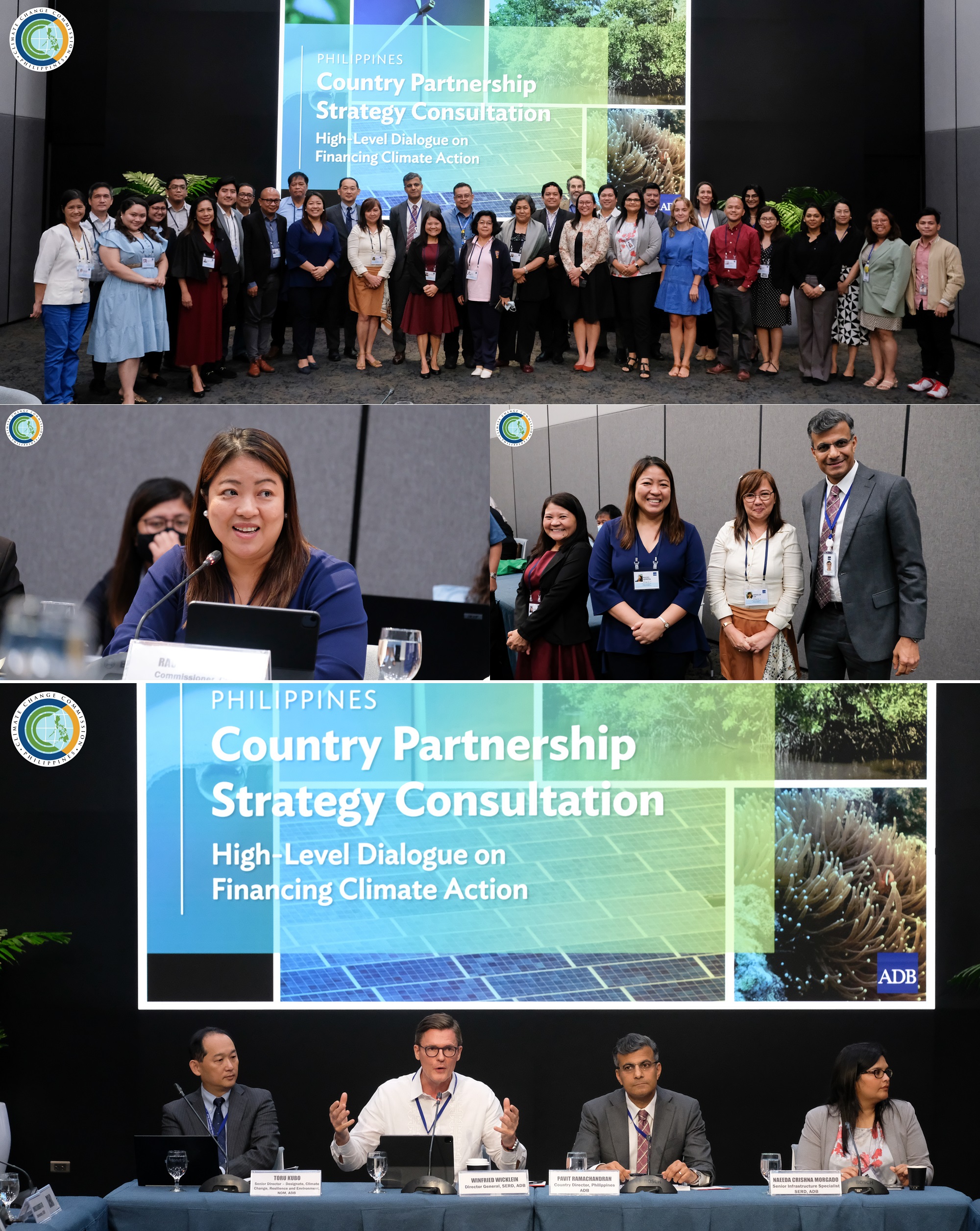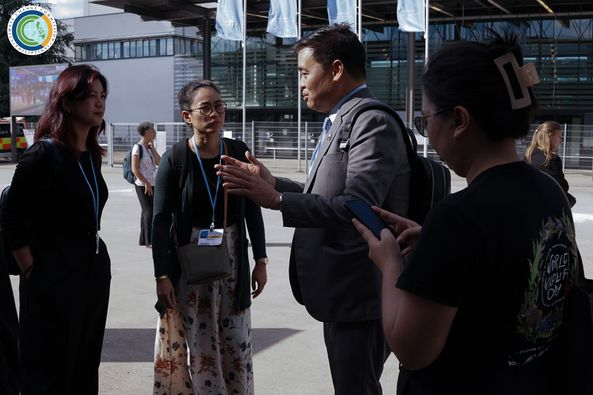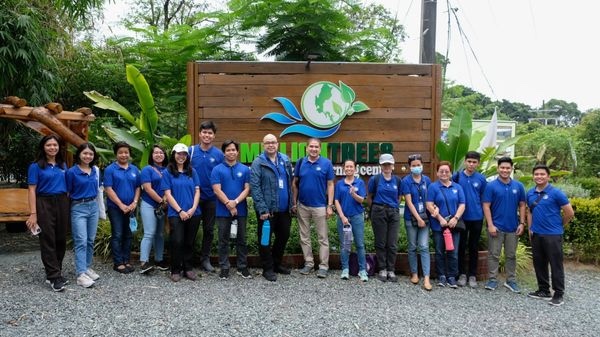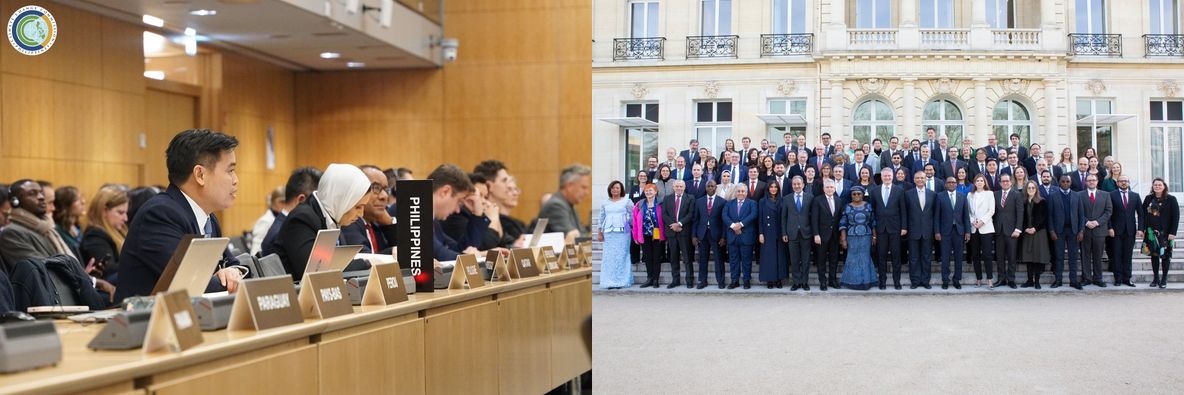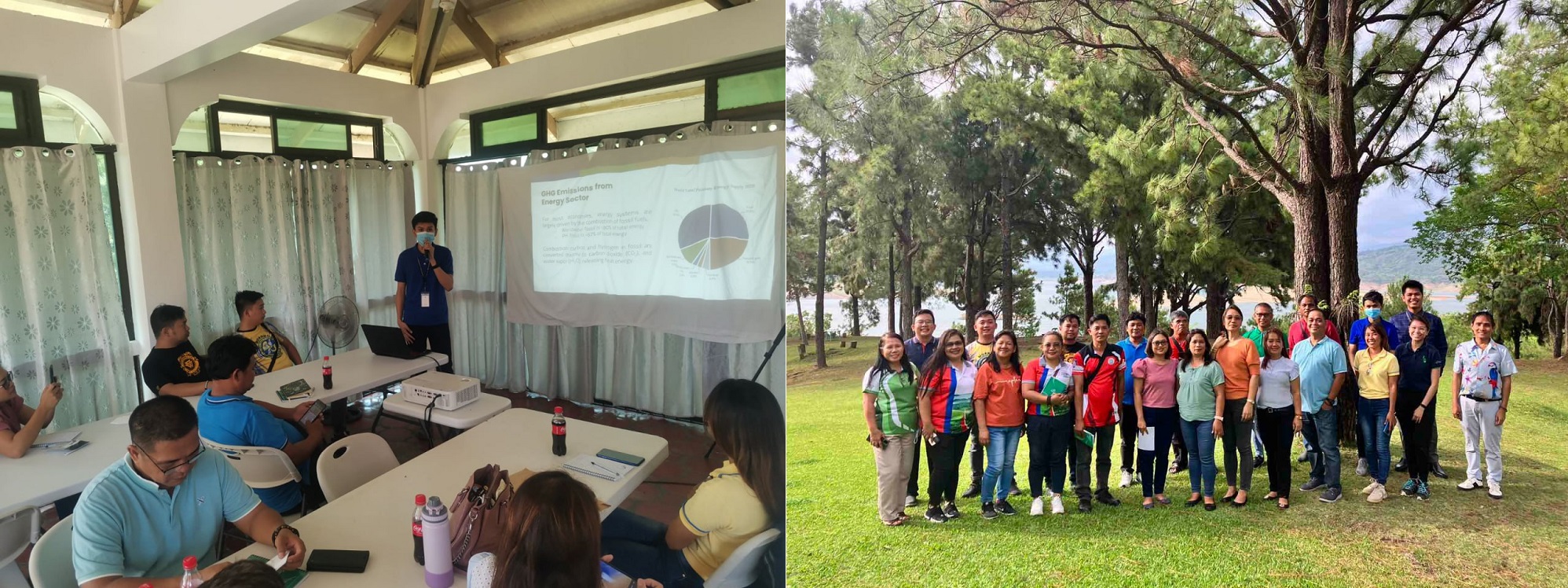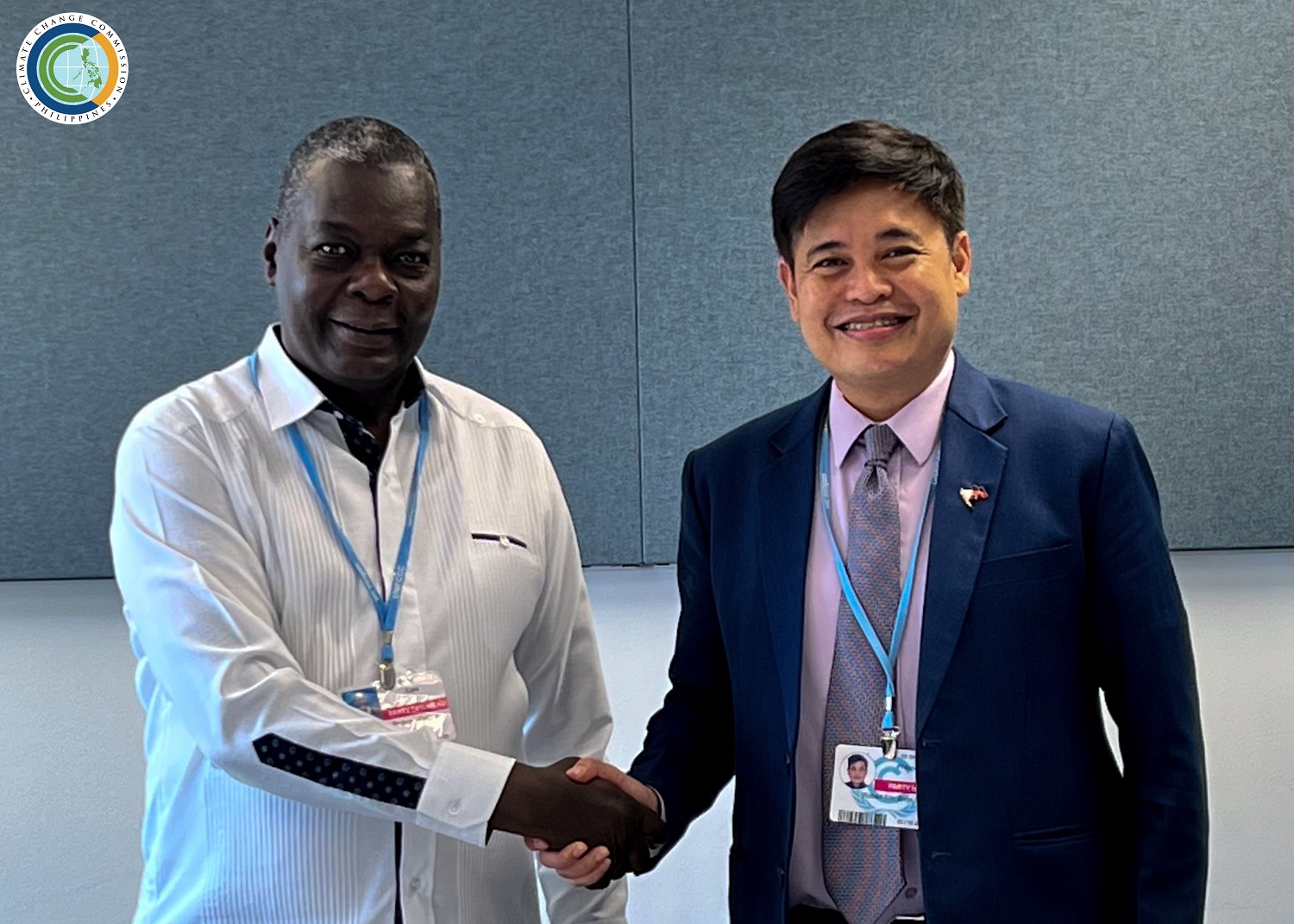Participants from Southern Luzon State University and Local Government Units in Lucban, Quezon engaged in informative discussions during the Second National Panel of Technical Experts (NPTE) Policy Forum.
LUCBAN, QUEZON, 26 August 2023 – Participants from various sectors, policymakers, and experts gathered at the Climate Change Commission’s (CCC) Second National Panel of Technical Experts (NPTE) Policy Forum to explore policy and technological solutions to address flooding in the country.
The forum, themed "Beyond the Floodgates: Navigating Flooding's Impact on Responses to Climate Change, Food Security, and Disasters in the Philippines," tackled the issue of flooding in the Philippines, one of the 10 climate-induced risks in the Philippines recognized by the NPTE.
In his remarks, CCC Vice Chairperson and Executive Director Robert E.A. Borje stressed the impacts of flooding on communities, infrastructure and economic growth, and underscored the urgency of comprehensive strategies to prioritize resilience.
“This forum is not just about discussions. It is also a call to action. More important or equally as important as policy papers, we must translate our knowledge into tangible outcomes and implement practical measures to enhance our nation's flood resilience,” Borje underscored.
He also stressed the importance of collaboration among stakeholders, including national and local governments, academic institutions, civil society, and the private sector, to collectively address flooding along with other risks brought by climate change.
“The work on climate change does not end in our forum. The work should be done everyday because we have one responsibility – be it as individuals or as organizations or as LGUs,” he added.
Borje also cited that the challenge for everyone now is to use our understanding of climate change and the skills and talents of the Filipinos to strengthen our communities.
Borje concluded by expressing hope that the forum's collaborative efforts, guided by NPTE members, would sow the seeds for a climate-resilient future.
“Let’s make the story of the Philippines not a story of despair, death and destruction but a story of hope. Isang kwento ng tao na may angking talino at galing, at ginagamit yun para hindi lang matugunan ang problema ng climate change, bagkus dito ay maghanap ng oportunidad para mapayabong ang ating pamayanan at ang ating bansa,“ he concluded.
The Forum featured a rich lineup of speakers from the NPTE, including Dr. Doracie B. Zoleta-Nantes, Dr. Jimmy T. Masagca, Dr. Patricia Ann J. Sanchez, Dr. Jihan H. Adil, and Engr. Meriam M. Santillan, who shared insights and best practices to understand the root causes of flooding, explore strategies, and identify actionable solutions to address this issue.
“This gathering serves as a catalyst for change, empowering us to build more informed and resilient communities. Through the exchange of knowledge, experiences and best practices, we gain insights that enable us to develop innovative solutions and strategies and ways for which we could reduce the negative impacts of flood,” Dr. Doracie B. Zoleta-Nantes, Chairperson of NPTE and President of Southern Luzon State University (SLSU).
The NPTE was created under the Climate Change Act, tasked to provide technical advice to the Commission in areas of climate science, technologies, and best practices for risk assessment and enhancement of adaptive capacity of vulnerable human settlements to potential impacts of climate change.
This policy forum is being conducted in five parts, starting with sea level rise and flooding. Experts will tackle health and climate change, integrated coastal management and blue economy, and water and human security, to further engage stakeholders in climate policy in the next discussions.
To further mainstream climate change, the NPTE forum is being held in partnerships with state colleges and universities and LGUs.
Co-organized by SLSU and the local government of Lucban, Quezon, the second NPTE forum was attended by hundreds of participants from the university and the LGU, and viewers through its livestream on Zoom and Facebook.
For more information on the NPTE and its activities, visit the CCC’s website at climate.gov.ph or communicate with the NPTE Secretariat through
[email protected].

